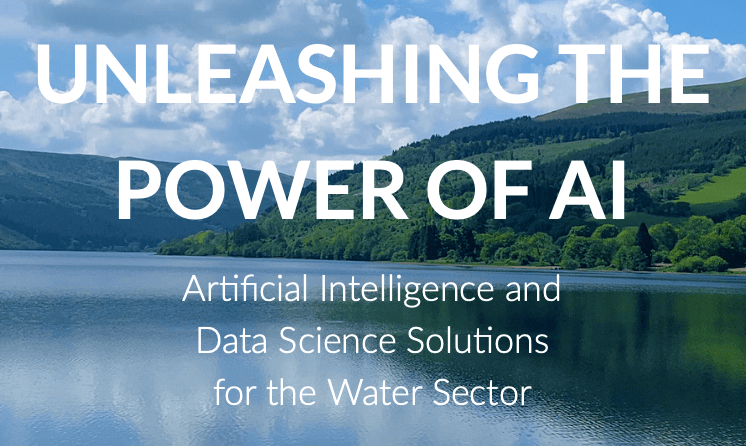
- INTELLIGENCE
- …
- INTELLIGENCE
- INTELLIGENCE
- …
- INTELLIGENCE
CASE STUDIES
Predictive maintenance
of the sewer network
Collaborate Water were approached by a Municipality who have responsibility for managing the sewer network in a region of the Netherlands. They wanted to investigate whether it was possible to reduce customer contacts about sewer issues i.e from smells and spills, by developing a data solution that may anticipate issues , allowing them to resolve them before customers felt any impact. Reputationally, contacts about the sewer system were almost entirely negative and so reducing these contacts was part of a wider drive to improve the service to the community.
What was the need?
The aim was to be proactive rather than reactive to dealing with sewer issues, with a particular focus on those issues that were the cause of most complaints and contacts. The issues were typically due to smells from the sewer or spills and overflows of the sewage network, all of which can be distressing for customers to experience and typically caused by blockages within pipes, or failing pumps. Could machine learning could be used to detect issues from 1 - 24hrs ahead of time ?
What did the AI model do?
Data from two customer contact systems was merged with telemetry data from the sewer network. A data model was then developed to interpret increases in customer contact volumes and learn from the telemetry sensors for the 24 hour period before an incident to establish if an increase in complaints could be characterized and recognized in patterns in the telemetry data. The viability and accuracy of a 60 minute warning window, where a warning is raised up to 60 minutes before the onset of customer complaints was assessed.
The outcome
The concept of predicting issues before they have a chance to impact on customers was confirmed. A number of the historic incidences could have been prevented by interpreting telemetry data intelligently, making a machine learning warning system completely achievable.
However only certain types of sewer issue could be predicted within the target minimum 1 hour window before complaints are received. Additional work is planned to expand the development to facilitate an on-going learning process with the aim to extending the window of reaction beyond one hour and to broaden the benefit and ultimate value to the city and their customers.

To find out more about how Collaborate Water can use the power of your data to transform your operations:
Email us: info@collaboratewater.com
Sign up for our newsletter:
© Copyright-2023 Collaborate Water - Privacy Policy

